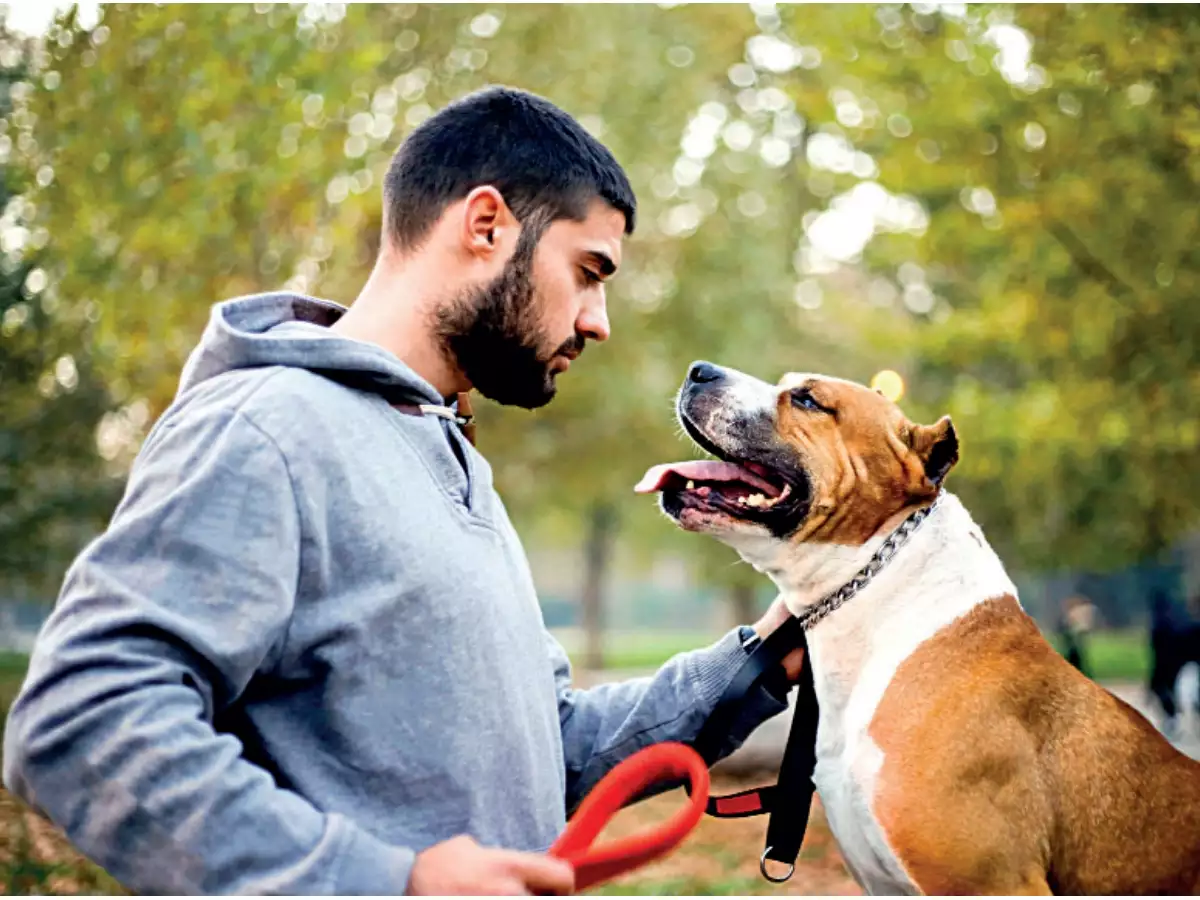In the dynamic world of canine companionship, a well-structured dog training program serves as the cornerstone for building a harmonious relationship between dogs and their owners. In the pursuit of excellence, the convergence of behavior and training is crucial, giving rise to a comprehensive approach that addresses both the psychological and physical aspects of a dog’s development. At the heart of any successful dog training program is a deep understanding of canine behavior. Dogs, with their diverse breeds and individual personalities, exhibit a wide range of behaviors that can be both endearing and challenging. A training program that recognizes and respects these variations is more likely to achieve success. Trainers, often armed with a profound knowledge of canine psychology, observe and analyze each dog’s unique traits to tailor their approach accordingly. Behavioral aspects play a pivotal role in the success of any training regimen. A dog training program that seamlessly integrates behavior and training is a beacon of excellence in the realm of canine education.

A well-designed program acknowledges that a dog’s behavior is influenced by a myriad of factors, including breed characteristics, past experiences, and environmental stimuli. By delving into the root causes of undesirable behavior, trainers can develop targeted strategies to modify and redirect such behaviors. Whether it is addressing issues like excessive barking, aggression, or separation anxiety, a comprehensive Traction dog training program understands that behavior modification is a nuanced and ongoing process. Training, on the other hand, focuses on imparting specific skills and commands to dogs. This includes basic obedience commands such as sit, stay, and heel, as well as more advanced skills like agility and scent detection. A holistic approach to training incorporates positive reinforcement techniques, emphasizing rewards for desired behaviors rather than punishment for undesirable ones. This not only enhances the learning experience for the dog but also fosters a positive bond between the dog and its owner. Understanding the underlying behaviors allows trainers to tailor their training methods to suit individual dogs, ensuring a more effective and personalized approach.
Conversely, the skills acquired through training can positively influence a dog’s behavior, fostering better communication and cooperation between the canine and its human companion. In this collision of behavior and training, excellence emerges as a natural outcome. The owner, armed with the knowledge of their dog’s behavior, becomes adept at anticipating and addressing potential challenges. This symbiotic relationship between behavior and training creates a foundation for a lifelong partnership built on trust, respect, and effective communication. Beyond the practical benefits, an excellent dog training program contributes to the overall well-being of the dog. Mental stimulation, achieved through training activities, helps prevent boredom and associated behavioral issues. Physical exercise, often integrated into training sessions, promotes a healthy lifestyle and strengthens the bond between the dog and its owner. By recognizing the interplay between these two elements, trainers and owners alike can cultivate a relationship with their dogs that is not only based on obedience but also on mutual understanding and companionship. In this collision of behavior and training, a well-rounded and thriving canine is shaped, embodying the true essence of excellence in the world of dog training.